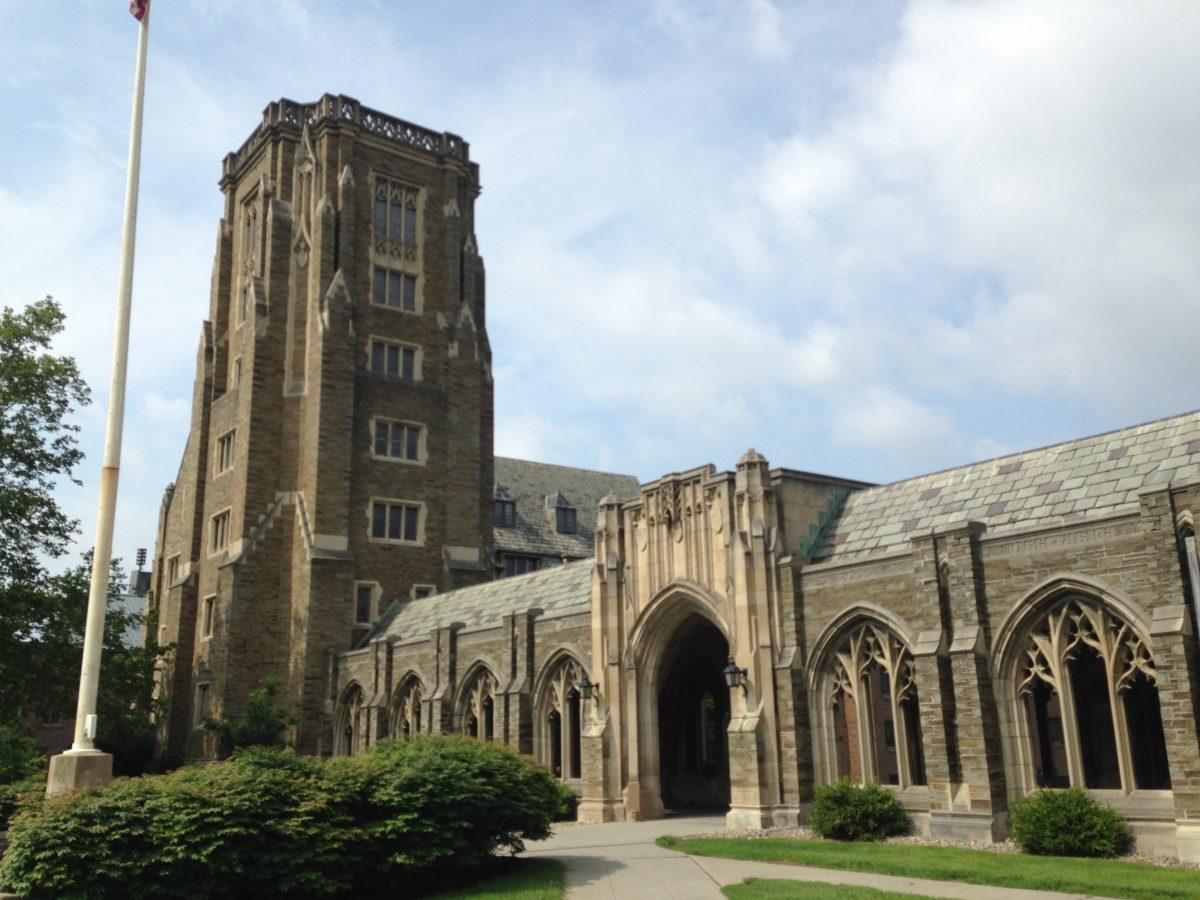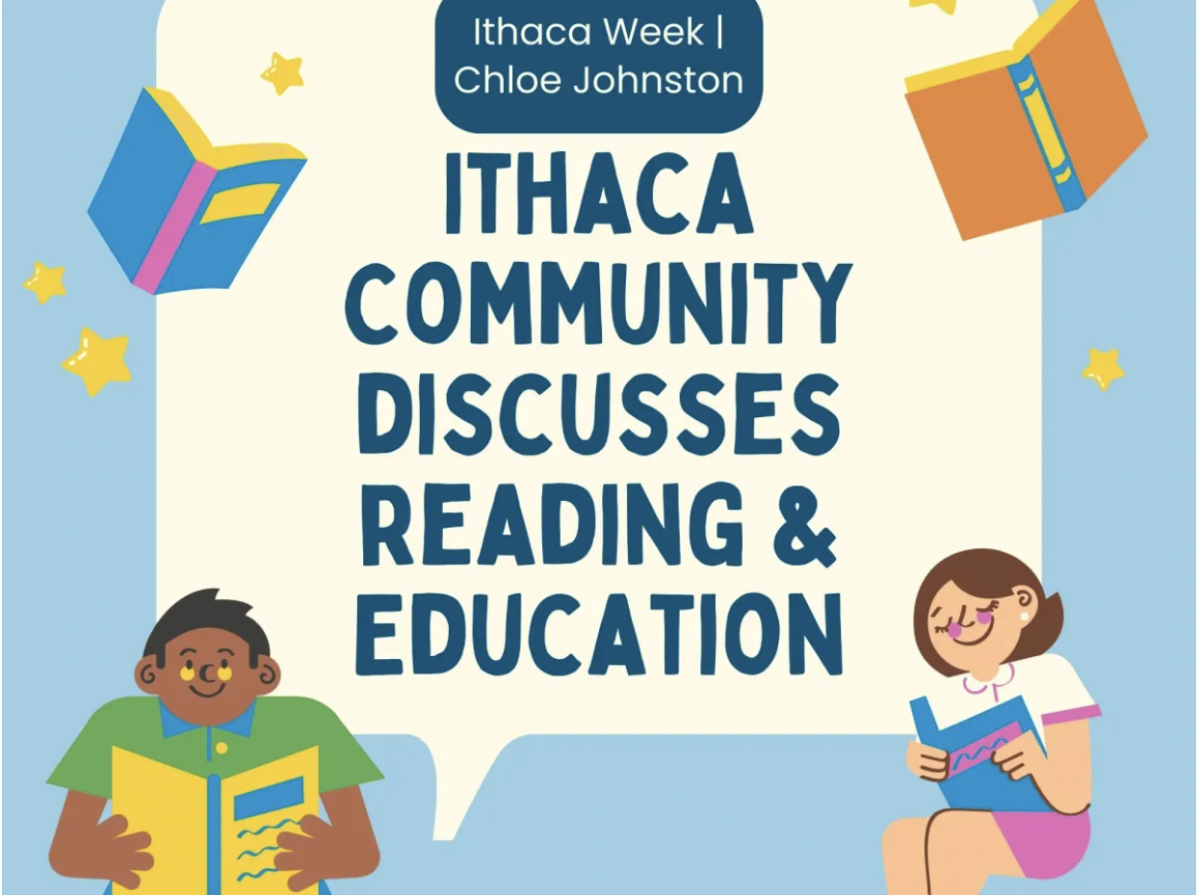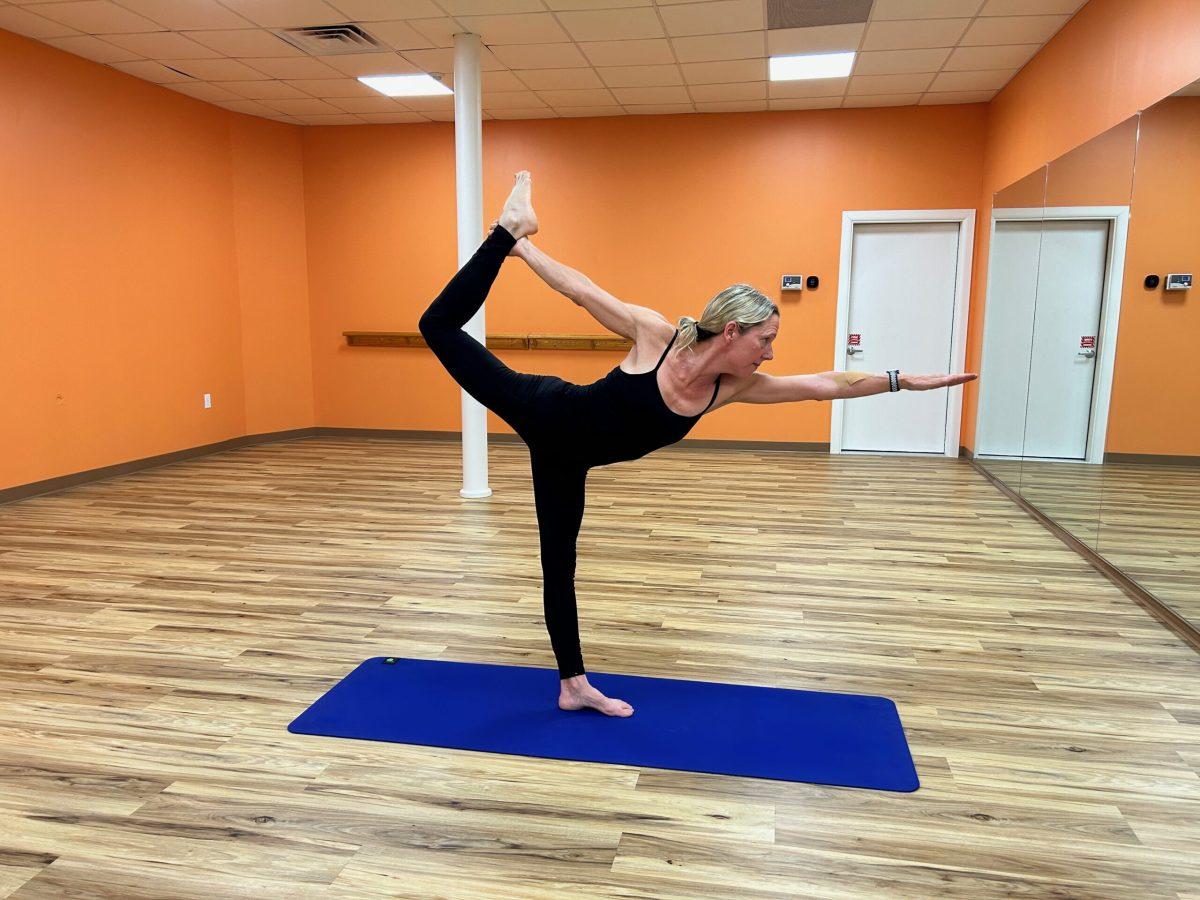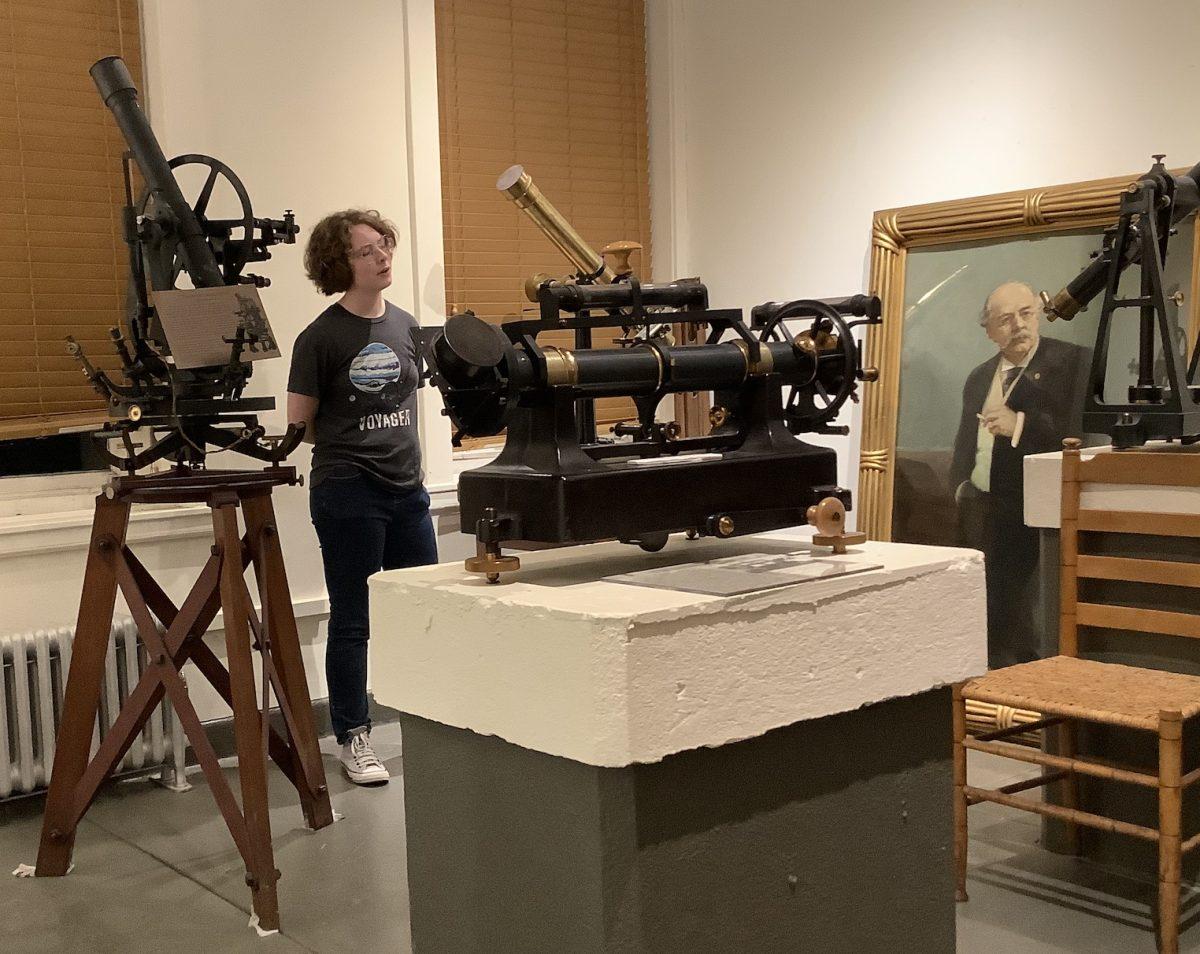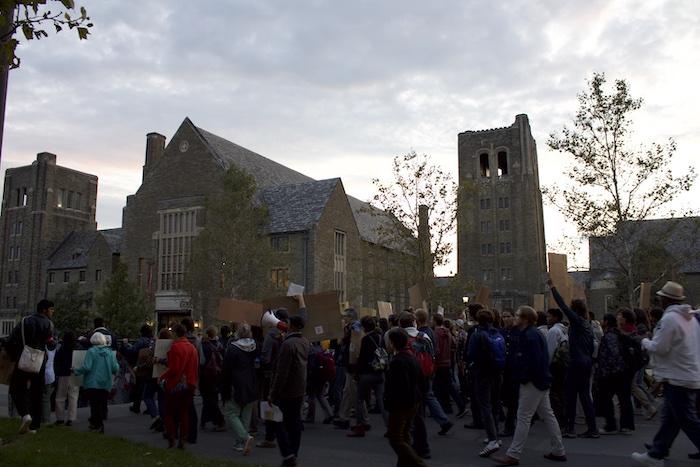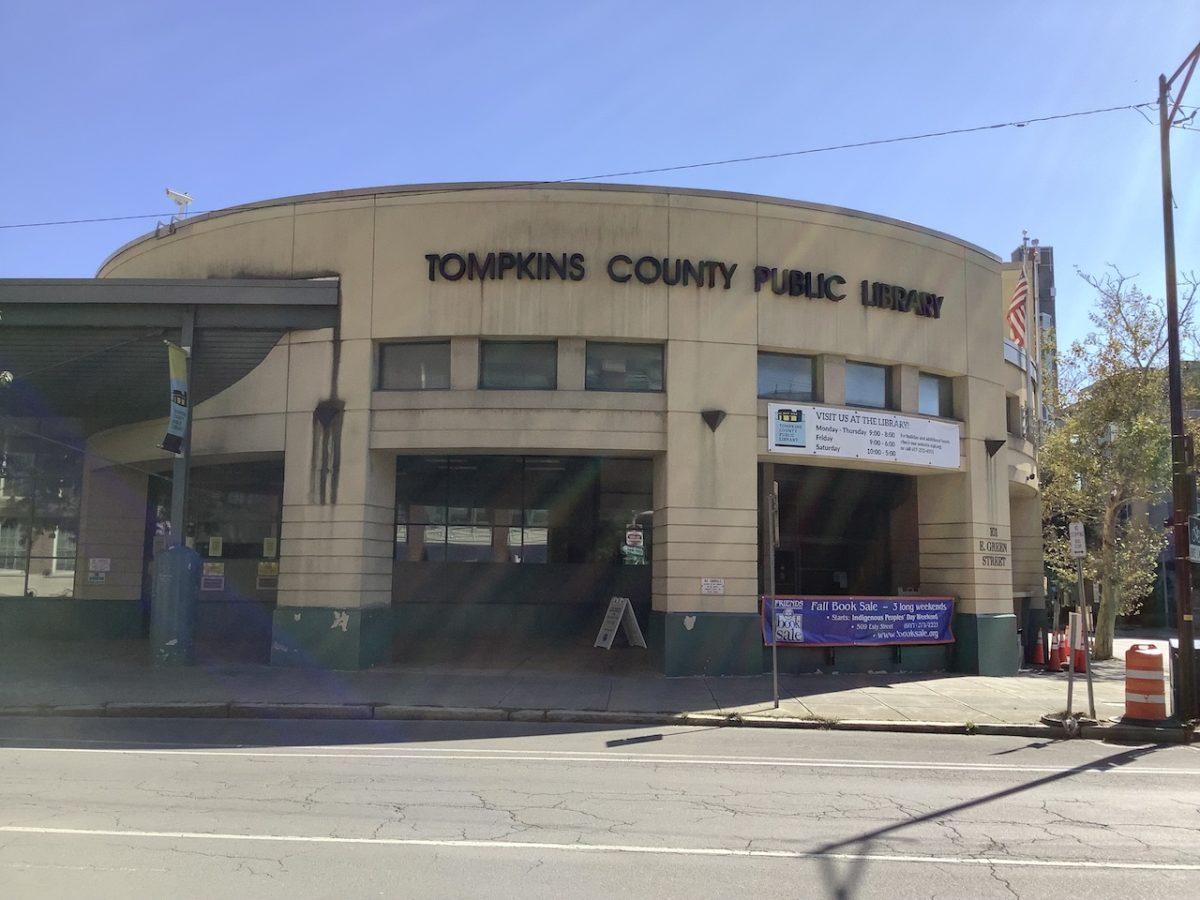Ithaca, New York — The U.S. Department of Education’s Office for Civil Rights investigators will visit Cornell University this week in the midst of its sixth open Title IX violation investigation — the most of any university in the nation.
Sarah Affel, Cornell’s Title IX coordinator said the Office for Civil Rights is reviewing Cornell’s compliance with Title IX, which prohibits gender-based discrimination by educational institutions that receive federal financial assistance.
“As part of that review process, OCR representatives will be on campus February 28 and March 1 to conduct focus discussions and hold private office hours,” she said. “All students are encouraged to take this opportunity to provide OCR with direct feedback. Later this week, students on the Ithaca campus will receive an email with additional information regarding meeting times and locations.”
The University had no further comment.
According to public records archived by the Chronicle of Higher Education and obtained through the Freedom of Information Act, the most recent case was filed Jan. 25 against the university, marking the sixth open case since May 2015, when a Cornell student accused of attempted rape sued the university for allegedly not allowing him a fair hearing based on gender.
With this latest active investigation, Cornell surpassed Indiana University at Bloomington, which currently has five open cases.

According to data from the Chronicle, other investigations against Cornell include complaints that the university ignored key evidence in cases, as well as failed to respond promptly and fairly to a reported sexual assault. Other complaints regarded discrimination against a student based on race, color or national origin by not correctly investigating a sexual assault.
Open cases do not mean that a university has violated Title IX, only that the Education Department’s Office of Civil Rights has determined the need to gather additional facts and investigate, according to reporting by The Cornell Daily Sun, Cornell’s student publication.
But the Sun stated while OCR campus visits are a standard part of investigations, they often come toward the end of an investigation, and “often precede findings of wrongdoing.”
“During the investigation, OCR is a neutral fact-finder,” the website states with regard to open investigations. “OCR will collect and analyze relevant evidence from the complainant, the recipient, and other sources as appropriate. … OCR may use a variety of fact-finding techniques in its investigation of a complaint. These techniques may include reviewing documentary evidence submitted by both parties, conducting interviews with the complainant, recipient’s personnel, and other witnesses, and/or site visits.”
In an April 2015 case at Iowa State university, OCR investigators visited campus during their investigation into a sexual assault mishandling case. OCR officials interviewed those involved in handling the sexual assault allegation and met with student focus groups. The OCR team also held open office hours for individual students, faculty and staff who wanted to discuss civil rights issues.
Similarly, the University of Utah is undergoing a site visit this week by the OCR. According to an announcement, the OCR will host focus groups that all students are invited to attend.
And at the University of Wisconsin last March, OCR investigators conducted focus groups and hosted office hours for campus community members to learn more about students’ knowledge of and experience with the university’s policies, procedures and resources related to sexual assault and harassment.
According to Affel, it is likely that similar events will occur at Cornell this week.
Nancy Chi Cantalupo is an assistant professor in the Barry University School of Law. Her 20-year research focuses on the use of law to combat gender-based violence in education, and she has consulted with the White House Task Force to Protect Students from Sexual Assault. Cantalupo said OCR investigations have come a long way since before the Obama Administration.
She said site visits are an essential part of any investigation and allow clarity and standardization among regional OCR offices.

“That is a significant improvement on what they used to do,” Cantalupo said. “It wasn’t clear that all of the regional offices were doing site visits where they would do more than just talk to the staff that worked at the university. It appeared as if there were certain offices that did not make it a standard practice to … speak to the community as a whole, to find out what the culture was on campus and how well the university was complying with Title IX.”
Cantalupo said in recent years these investigations have become more comprehensive, but that does make them take longer, with resolutions taking over a year to complete — part of the reason Cornell has so many active investigations going on at the same time, dating back to 2015.
Some students at Cornell University said their sense of safety on-campus was affected by the
high number of cases.
“As a woman to feel like my safety isn’t a priority or being a victim of assault on this campus comes with further legal challenges is concerning,” senior human ecology major Meredith Corsi said.
Another said they were surprised they hadn’t heard more about the issue from the university.
“I can’t believe I didn’t hear about this,” senior engineering major Bailey Pecor said. “This is such a large issue and for the university to be dealing with it in somewhat of a secret manner raises a lot of red flags for me, and it makes me think some change really needs to come about here.”
The Office for Civil Rights did not respond to a request for comment.

